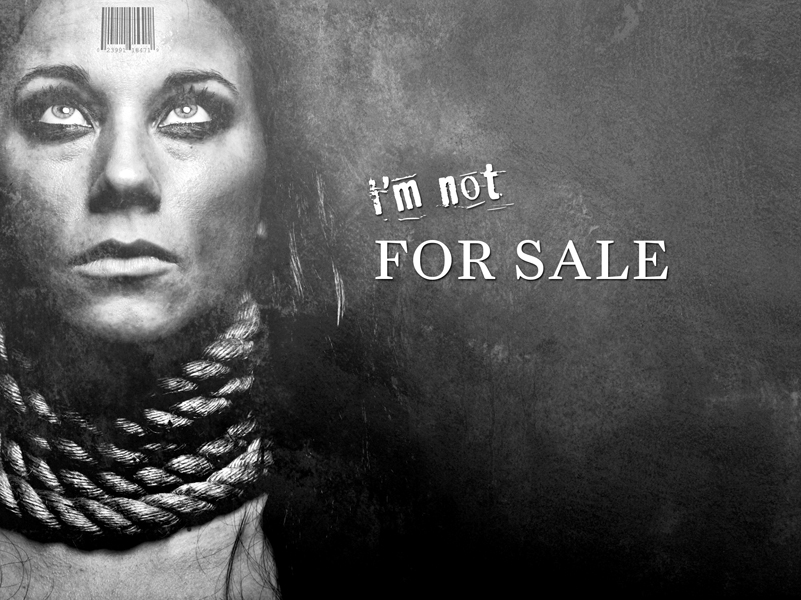
BY ANNA RUSSO:
When thinking about human rights violations, it is very easy for our focus to fall on societies thousands of miles away. We take for granted that living in a “developed” and “Western” nation means that we have long moved past egregious violations of certain rights, especially those related to women. Though it is of course incredibly important to be cognizant of issues around the world, I would be failing to report on women’s issues in a global sense if I neglected to highlight what is happening in our own neighborhoods. We are not immune to the problems that plague the rest of the world. It does though take the most scrutiny to find faults within our own society, as we often find it simpler and easier to ignore.
Human trafficking is one such problem. When considering human trafficking, the mind immediately envisions Cambodian brothels, Bangladeshi mothers unknowingly selling their daughters into slavery in Pakistan, or Kamathipura, India – Asia’s largest red light district. But Canada? It has probably crossed few peoples’ minds, but some areas of peaceful Canada are plagued with issues of sex trafficking, with women being exploited at ages as young as thirteen.
In Canada’s many rural areas and small, poorer cities, women, especially Canadian Aboriginals, are forced into prostitution in just the same way as in Cambodia, Bangladesh, or India. An anonymous Aboriginal survivor recounts her story: Growing up in Manitoba, Canada with an alcoholic and absent mother and no real home, she was offered a place to live by an older man, as long as he could “auction off [her] virginity.” When she tried to refuse, he took away her shelter, telling her “You’re not worth anything to me if you’re going to be a difficult bitch.” She became a prostitute at age thirteen against her will, and her story echoes that of hundreds of women in rural Canada.

This is trafficking. This is preying on Canada’s most susceptible population: its Aboriginals. Since the mid-1800s, Canada’s residential schools policy, sending Aboriginal children to be raised by church officials, has alienated Aboriginals from their families. Compounding more than a century of uprooting children, Canada enacted the “60’s scoop” program, where children were “scooped” from their families and put to live with non-natives. These programs, though now terminated, have irreparably alienated Aboriginals, and, according to a study done by the University of Windsor, left them lacking adequate healthy child-rearing skills.
The Canadian sex trade highlights that prostitution, even in a country that has developed infrastructure to protect the rights of women, is never truly a “victimless crime.” America has also begun to recognize this, publishing an FBI report calling for a paradigm shift to consider women as victims of trafficking and to instead pursue pimps as suspects. The report highlighted a study in which 88% of arrested prostitutes expressed a desire to leave the industry, and that they were forced into prostitution as a result of adverse circumstances and alienation similar to those of Aboriginals in Canada. Obama has identified human trafficking as a major problem both at home and abroad, acknowledging in 2012 that, “Our fight against human trafficking is one of the great human rights causes of our time.”
I recently heard on the radio the story of a notorious sex-trafficker, Darryl Tavares, who had been convicted for abducting, trafficking, and abusing troubled Boston teenagers. The reporter mentioned a girl who had been trafficked out of Dorchester into a national criminal ring. I have lived in Boston my entire life. I have friends who live in Dorchester – maybe only houses away from a Tavares victim. Our minds cannot always be on the other, perhaps (perversely) “exciting” side of the world; it is of utmost importance that we sometimes just look around the corner.
Anna Russo ’17 is in Berkeley College. Anna writes about women’s issues around the world, focusing on health and education. Contact her at anna.russo@yale.edu.